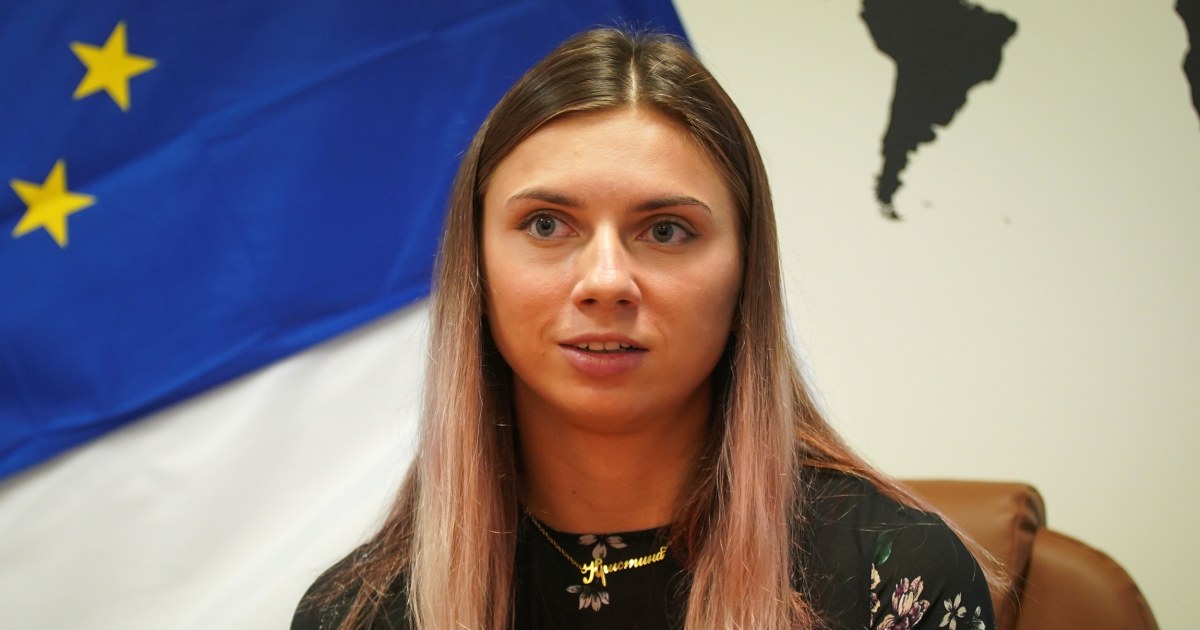In the sermon prepared for the sunset prayer on New Year’s Eve, Pope Francis asks how we can thank God after this difficult year. He says that God always has mercy on us, and we are grateful for the acts of closeness, care and solidarity that we have seen throughout 2020.
Written by Vatican News Correspondent
Pope Francis was suffering from a bout of sciatica, and was absent from the celebration of the sunset prayer and recitation You are the gods – the church’s ceremonial hymn for Thanksgiving for the past year – but nonetheless provided reflection on how to give thanks for the year approaching its end.
The Mass was presided over by the Dean of the College of Cardinals, Cardinal Giovanni Battista Ra, who delivered the sermon prepared by Pope Francis for the occasion.
In his sermon, Pope Francis wrote that giving thanks « at the end of a year like this » may seem « forced, » or even disturbing, especially when we think of families who have lost loved ones, the sick, and those who have suffered alone or lost their jobs.
« What is the meaning of a tragedy like this? » Faced with our questions, he answered that God does not resort to « higher causes », as if he were to sacrifice individuals for the greater good. Instead, his answer is to incarnate, by sending his only son to become human to save everyone.
Like the Good Samaritan, God moves with compassion and helps those who suffer. In this situation, the Pope said, « We may find the meaning » of the meaning « of this tragedy, of this epidemic, as well as other scourges afflicting humanity: stirring compassion in us, stirring up attitudes and gestures of closeness, care, solidarity and affection.
We see this happening all over the world, and even in Rome, Pope Francis wrote, “On top of all this we thank God this evening: for the good things that happened in our cities during the lockdown and, in general, throughout the epidemic, which unfortunately has not ended yet.”
Pope Francis praised « the many people who tried, without making a noise, to make the weight of the trial more tolerable. » It singled out not only health care workers, front-line priests and monks, but also « all those who strive every day in the best possible way to continue serving their families and those who are committed to serving the common good. » He specifically mentioned teachers and school administrators, as well as civic leaders who put the interests of others, especially the most disadvantaged, before their own.
Pope Francis said: « All this cannot happen without grace, without the mercy of God. » « How is it possible … that so many people, without any reward other than doing good, find the strength to care for others? » Asked. « In the end, even if they themselves do not realize it, what strengthens them is the power of God that is stronger than our selfishness. » Thus, the Pope said, “That is why, this evening, we praise him, because we believe and know that all the good that is achieved day after day on earth, in the end, comes from him.”
The Pope concluded his remarks prepared by looking to the future that awaits us with prayer: « Your mercy is always with us, O Lord, because we wish you. »





